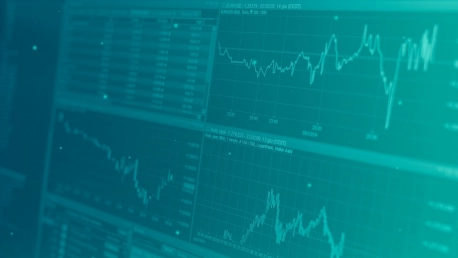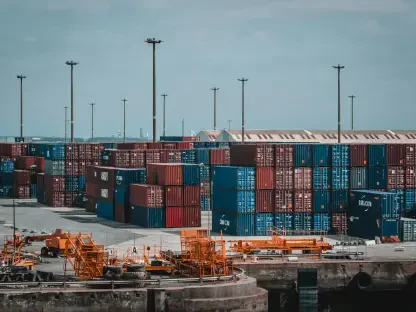More than two years have passed since the beginning of the COVID-19 pandemic, and this unprecedented healthcare crisis went on to change the way people live, work and spend their free time. Moreover, the crisis quickly escalated to disrupt numerous industries around the world, impacting the global economy in ways that are still hard to assess completely. Come 2022, however, a new strain of the virus that provoked the pandemic appeared, and with it – the chance to finally return to normal. Studies seem to confirm the new Omicron strain causes milder disease, providing people with a new reason for hope after the development of new vaccines and treatments.
These positive signals may be a breath of fresh air for the global economy, considering the fact that numerous countries around the world have already lifted most restrictions. However, if the pandemic is finally approaching its end, the same cannot be said about other issues facing the global economy. Russia has recently amassed around 130,000 troops on Ukraine’s borders, causing numerous concerns that the world has barely managed to end one crisis just to find itself dragged in the midst of another. Although Russian President Vladimir Putin says diplomatic solutions are still possible, the threat to the global economy is real.
Why tensions in Ukraine are risky
According to Russia, the problems appeared because it could not accept that Ukraine, an Eastern European country that was once part of the Soviet Union, could join the North Atlantic Treaty Organization (NATO). Given the important social and cultural ties between Ukraine and Russia and their proximity, Russia has asked for guarantees that NATO will stop its eastward expansion and refuse Ukraine as a new member. Although both the US and NATO have delivered separate written responses to Russia’s demands, both have also rejected its request. Moreover, US President Joe Biden said Russia would face severe sanctions if it invaded Ukraine.
The Russian invasion, the geopolitical turbulence, and the human tragedy brought by a conflict in Europe are not the only issues likely to appear. Upend markets and a colossal strain on the global economy are not only possible but probable. With Russia being the number one supplier of natural gas and crude to the European Union (EU), a disruption in oil and natural gas prices in Europe is almost certain. It might, in turn, impact other countries around the world. In fact, oil prices already peaked above $96 a barrel in mid-February — the highest rise in the last eight years. While US companies like Exxon and Chevron make plans to boost Permian oil production, investors worry about access to Russian crude.
Why surging inflation is a problem
Not only are tensions with Russia driving up prices of raw materials key to the global economy, like oil and natural gas, but they also add pressure to pre-existing problems. With inflation pressures now multiplying, US producer prices also accelerate, prompting the Federal Reserve to quickly remove the economic stimulus it has provided since the beginning of the pandemic. Moreover, the US is not alone in dealing with inflation, as the President of the European Central Bank, Christine Lagarde, recently said that the record inflation in the EU could actually linger for “longer than expected.”
While inflation is thought to be a persisting effect of the COVID-19 pandemic, Christine Lagarde says half of the problem is linked to oil, gas, and electricity prices that are for the most part beyond the reach of monetary policy. However, the prices of raw materials are also tied to economic and political stability, which makes a persisting crisis in Ukraine particularly dangerous. Hoping to avoid a conflict and find a diplomatic solution, the US and its Western allies have said that massive sanctions will be taken against Russia if it invades Ukraine — but how effective these could actually be is now up for debate. While Russia is also dealing with numerous issues like government bond prices falling, both the US and EU face rising prices of raw materials and inflation.
The real economic impact of the crisis
The global economy is still recovering from the COVID-19 pandemic and its impact on numerous industries around the world. As pressures over Ukraine are now reaching a critical point, governments around the world are left wondering if one crisis ends as another begins. While there is no actual way of assessing all the economic implications, one thing remains certain – the real economic impact of the crisis will be massive.









